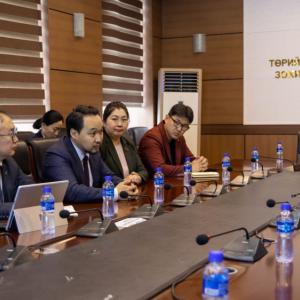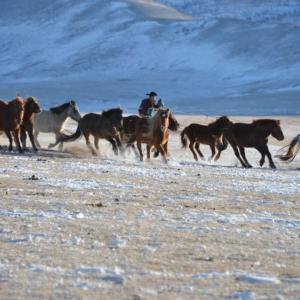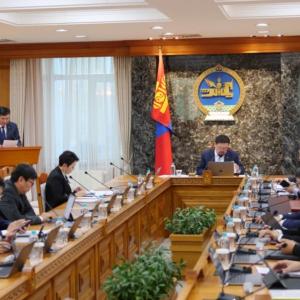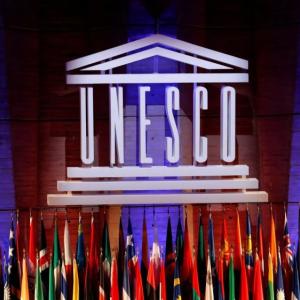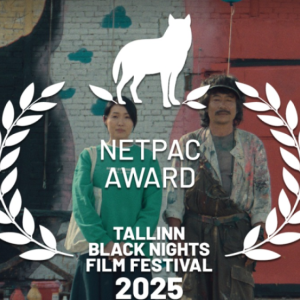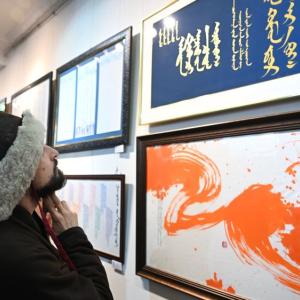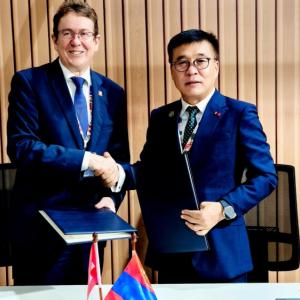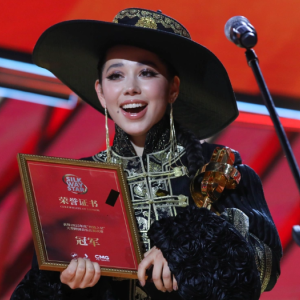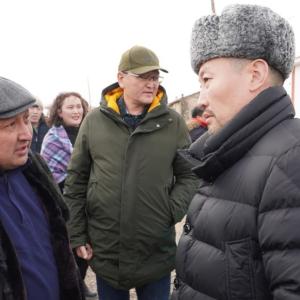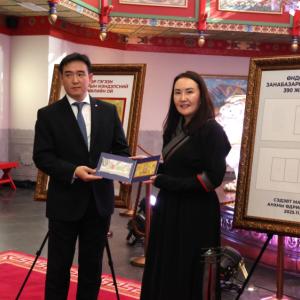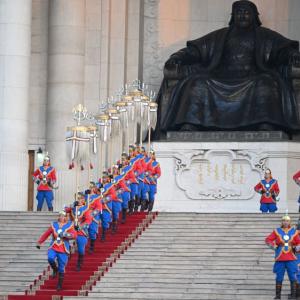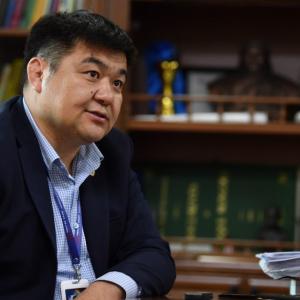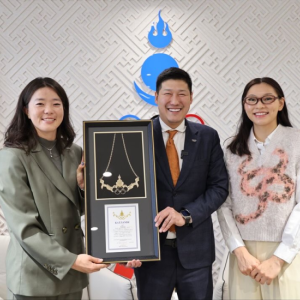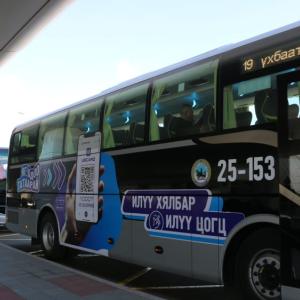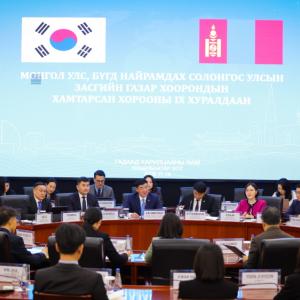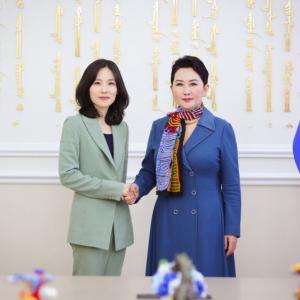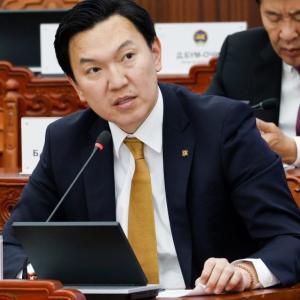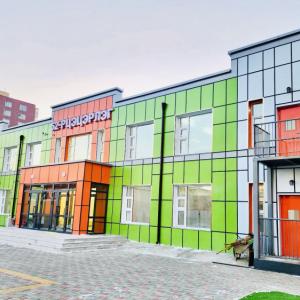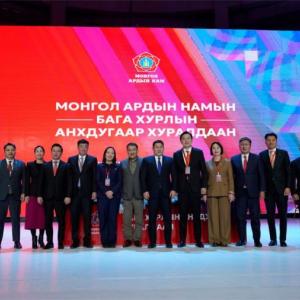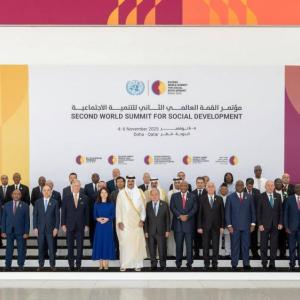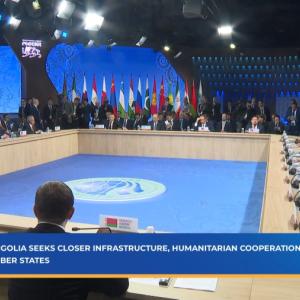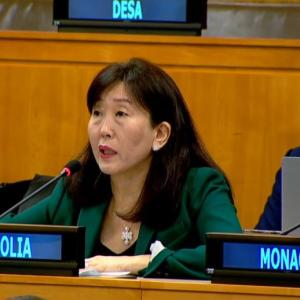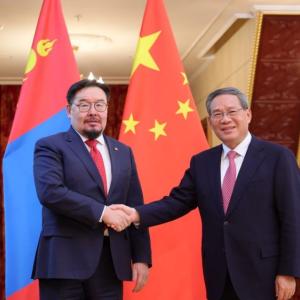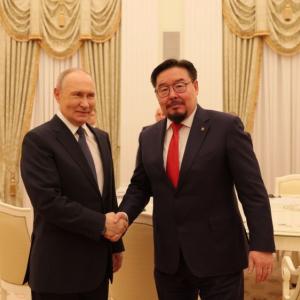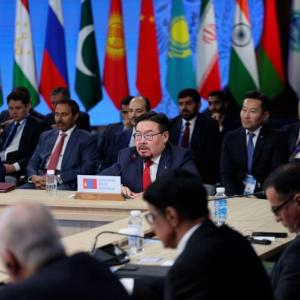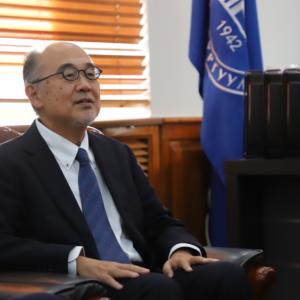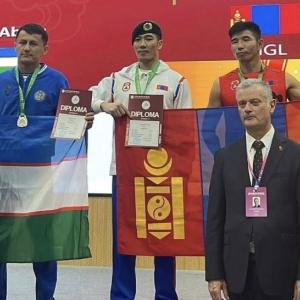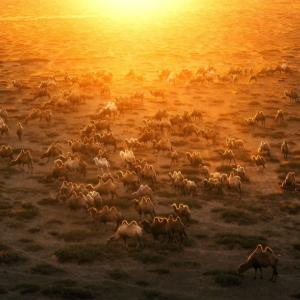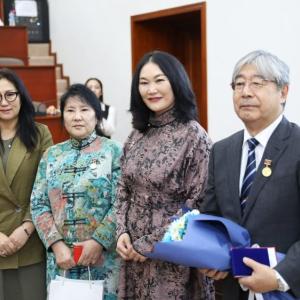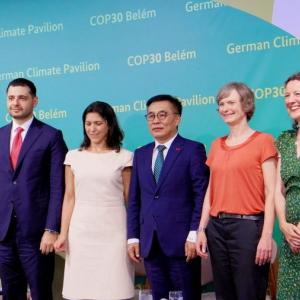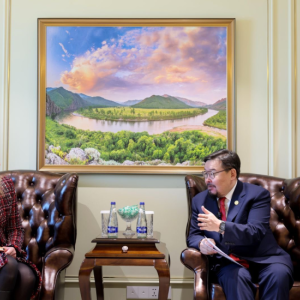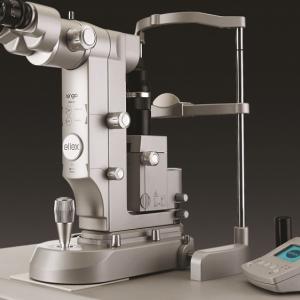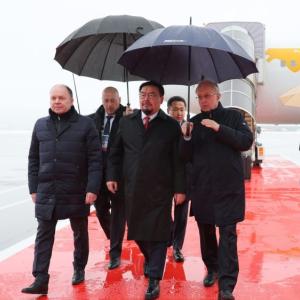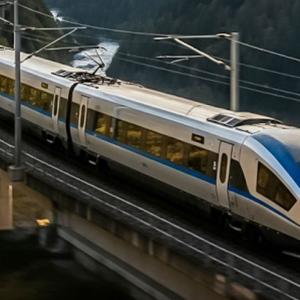ADB to help modernize vegetable production, irrigation in Mongolia
Economy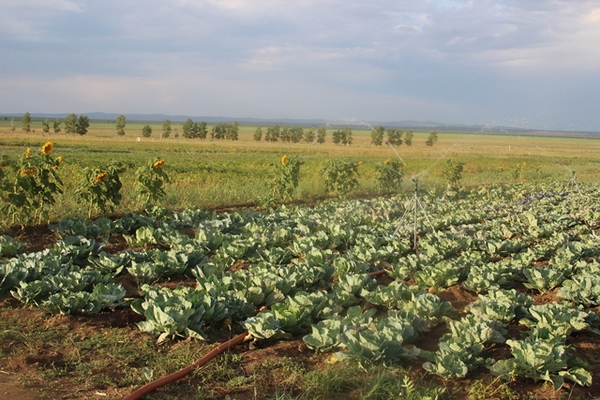
Ulaanbaatar /MONTSAME/. On February 28, The Asian Development Bank Mongolia Resident Mission reported that the ADB has approved $40 million in loans to support the modernization of government-owned irrigation networks and vegetable production in Mongolia.
“The project will promote income and employment generation in rural areas,” said ADB Senior Natural Resources Economist Jan Hinrichs. “This will be achieved by diversifying traditional low-value grain crops into high-value vegetables.”
Agriculture has become a priority for growth in Mongolia, in line with the government’s focus to accelerate economic diversification and job creation. Agriculture is the main source of livelihood in rural areas, but is not sufficiently diversified and relies heavily on imports for vegetables and fodder.
In 2008–2016, only about half of the country’s vegetable demand was met by domestic production. Meanwhile, the country’s irrigation systems are recognized as having low water productivity and lacking resilience to severe droughts and floods.
The project aims to install efficient and climate-resilient irrigation infrastructure and management systems, improve sustainability of agriculture production systems, and strengthen technical, institutional, and management capacity and coordination.
Specifically, the project will upgrade, modernize, and climate-proof 12 selected schemes along with directly associated infrastructure to provide irrigation services for 7,000 hectares of land. A total of 3,458 households are expected to benefit, including 1,041 poor households.
The project design introduces innovative features such as high-efficiency irrigation technology in cold regions, summer and winter greenhouses, and an easy-to-use asset management system with remote-sensing technology. Such technology will help detect irrigation performance and resolve problems immediately.
The total cost of the project is $46.25 million, of which ADB is providing a concessional loan of $25.3 million and a regular loan of $14.7 million. The government will provide $4.25 million towards the project cost.
ADB will administer a $2 million co-financing grant from the Japan Fund for Poverty Reduction (JFPR), which has supported projects in Mongolia in poverty alleviation, improving livelihoods, and safeguarding the environment over the past 20 years. JPFR is funded by the Government of Japan.
ADB is committed to achieving a prosperous, inclusive, resilient, and sustainable Asia and the Pacific, while sustaining its efforts to eradicate extreme poverty. Established in 1966, it is owned by 68 members—49 from the region.
ADB Mongolia
 Ulaanbaatar
Ulaanbaatar





